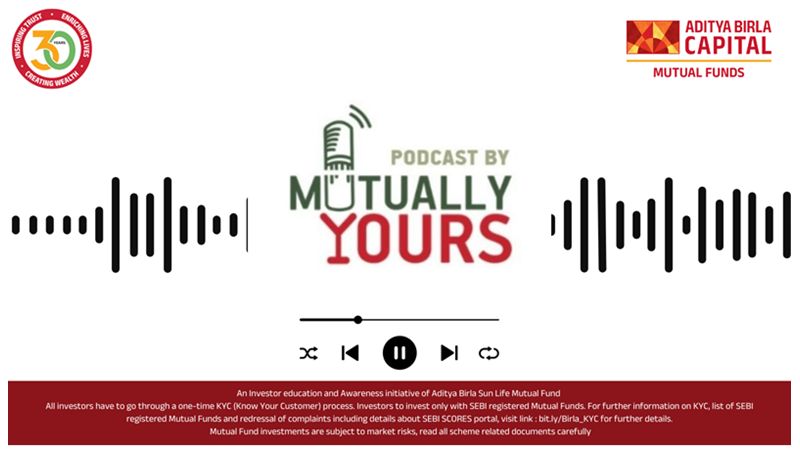ABC Solution 

Loans
Insurance
Aditya Birla Sun Life AMC Limited
Enter your details to visit our Metaverse

Enter valid first name
Enter valid last name
Enter valid email
+91
Enter valid mobile number
Enter valid otp detail
Select internet speed
Select privacy policy
Form Error




 1800-270-7000
1800-270-7000




















